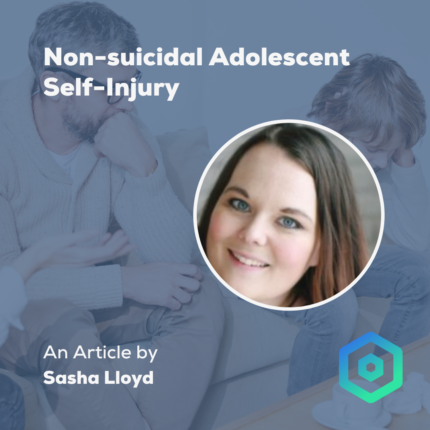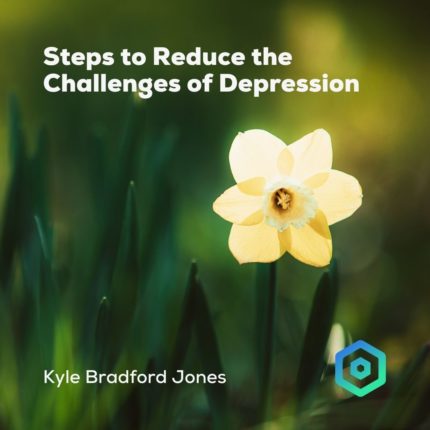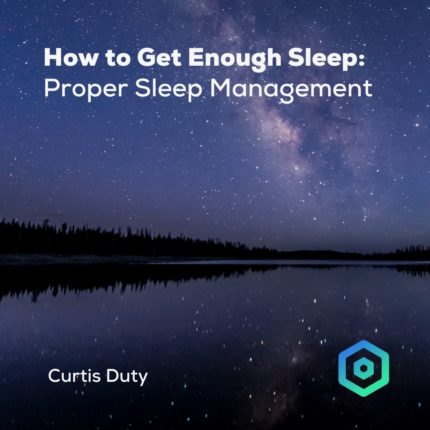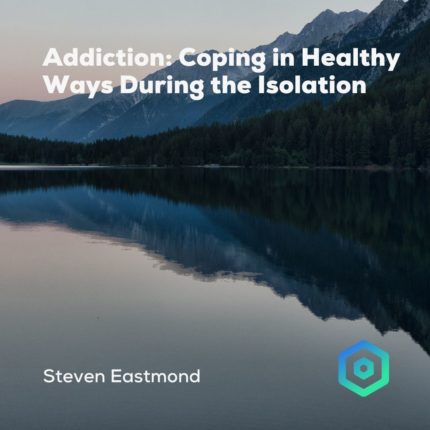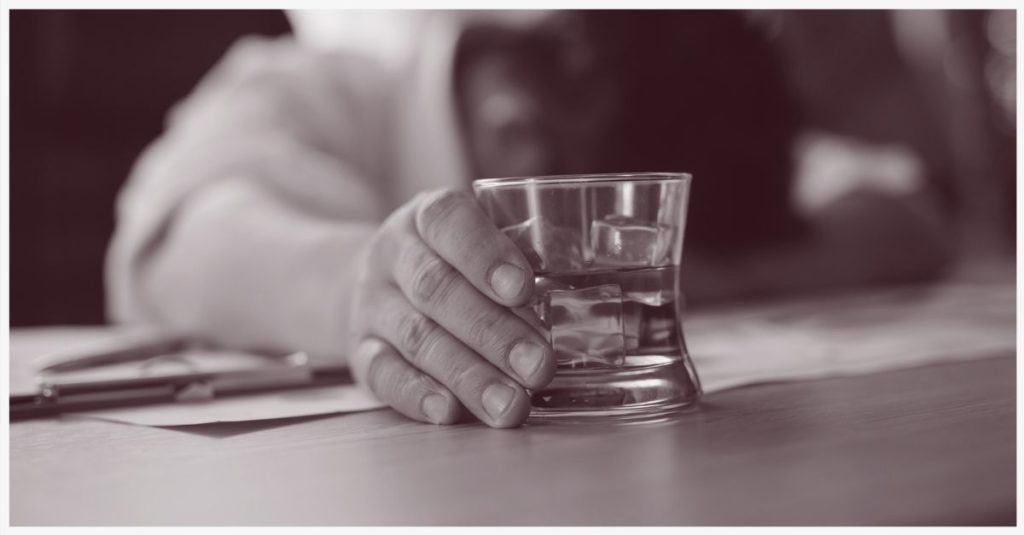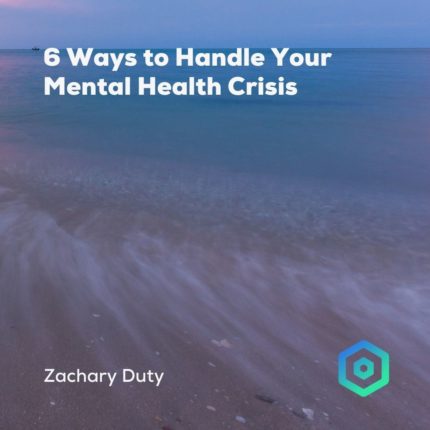Adolescents, Teenagers, and Non-Suicidal Self-Injury
In recent years the mental health community has become more aware of self-harm practices in the adolescent and young adult populations. Non-suicidal self-injury (NSSI) has been difficult for therapists and parents to fully understand due to its sensitive nature and the fear of suicidal ideation. Teenagers and young adults turn to this behavior to release emotional pain that they aren’t sure how to process and manage.
Although unhealthy and at times extremely dangerous, adolescents that practice NSSI are generally not suicidal and are using this practice to cope with painful experiences. As a result, therapist and parents are unsure how to act. Do we create a safety plan? Make sure the teenager is never left alone? Take them to the hospital?
In this article we’ll discuss the ins and outs of NSSI and how you can help your teenager navigate these rocky waters.
What is Non-Suicidal Self-Injury (NSSI)?
Non-suicidal self-injury, aka self-harm, is performed through avenues such as cutting, burning, hitting hard objects or self, pinching, scratching, and even interfering with healing wounds (Peterson et al., 2008). It is commonly assumed that NSSI is an attention seeking behavior and it certainly can be, but typically not as a means of hurting others or gaining sympathy. Rather, it tends to be used as a cry for help because of depression and/or anxiety.
Some people choose to engage in NSSI as a means of self-punishment, but most often the action is carried out simple to create a physical outlet to emotional pain. Oftentimes, parents of teens that engage in self-harm behavior don’t understand this explanation and tend to respond with statements of confusion trying to figure out why someone would cause intentional pain when they are already hurting.
Why Do People Engage in Non-Suicidal Self-Injury?
Studies have shown several possible reasons for this phenomenon, the most promising of which is the observation that the removal of physical pain brings emotional release. Therefore, it isn’t the pain that causes the relief but the way the person feels once the pain has stopped (Association for Psychological Science, 2017).
Other theories include the idea that the pain provides a distraction for the emotional pain and the release of hormones provides a sense of relief from negative thoughts causing the emotional distress. Whatever the reason someone chooses to engage in NSSI the fact remains that it is a potentially dangerous practice that can lead to long-term, negative effects on health.
Many treatment options are available to help individuals cope with painful emotional distress. If you or someone you know is engaging in self-harm behaviors seek support from a local therapist or contact your local crisis line.
How to Help Your Teenager Overcome NSSI
While discovering that your teenager is engaging in self-harm practices is disturbing for you as parents, it’s important to remain calm. Whether your child has disclosed this information to you of their own accord, you were told by their therapist or friend, or you discover it on your own, it’s important to remember that regardless of the reasons behind the behavior your child is in severe emotional pain and they need your support more than ever.
Show Your Teenager Support
Be sure to let your child know that you aren’t angry with them but you are concerned about the self-harm behaviors. While you understand that this how they have been able to cope it’s important that they remain safe. Be sure to let them know that if they are having the urge to self-harm or have engaged in the behavior, they can come to you for help without fear of punishment.
Create a Safety Plan
Engage your child in the discussion and be sure to take their input as to what coping skills to use at each stage of distress.
My favorite safety plan is a simple 1-10 list describing thoughts, feelings and behaviors at each level (1 is the lowest distress and 10 is the highest) and what they can do to cope. For example, at a level 1 I feel relaxed and content with life and I may be looking forward to something. I would also be engaging with people around me and laughing and smiling. At this level I would cope by continuing my self-care routine and spending time with friends and family. At a level 5, I might feel irritated, stressed or overwhelmed. I might have racing thoughts that some effort to control and I may want to isolate and stay away from others. At this level I would probably cope by journaling to get my thoughts out, talking to a close friend or family member and maybe a warm bath.
Once this safety plan is completed you have easy way to communicate with your teenager about their level of distress and a clear plan of action.
Regulate Their Access to Self-Harm Tools
Talk to your teens about the objects used for self-harm and ask them to give you the items for safe keeping. Oftentimes it’s a razor or lighter that is used and while you don’t want to restrict their use of these items you do want them to let you know when they are using them so you can help keep them safe.
Your teens may not be ready to hand over their tools or may give them to you but keep some hidden or obtain more of them after giving them to you. Therefore, keeping the lines of communication open and not punishing your kids is so important.
Don’t always keep your eyes on them, don’t take their door off their wall, and don’t search their room. This will only enforce their fears of talking to you in the future and coming to you when they need support. With that said, be sure to let them know that your primary goal is keeping them safe because you love them so you’re going to be checking in on them often.
Seek Professional Help Immediately
Be sure to seek professional help immediately. Right now, therapists have a huge waiting list all over the country, but there are many support groups and resources available to help you get started in the meantime. Call as many clinics as possible and get on their waiting list being sure to mention that your child is engaging in self-harm. This can sometimes get you bumped to the top of the waiting list and many clinics can offer other resources while you wait for a therapist to become available. If your child is already seeing a therapist check in with them often to see how therapy is going and if there is anything else, you can do to support your teens.
Take Care of Yourself
As a bonus tip, I want to remind you as the parent to take care of yourself. Your child will need a lot of support during this time, but you can’t pour from an empty cup. Be sure that you are getting enough sleep, eating well, and taking time to laugh and enjoy your hobbies. Model appropriate self-care for your children so they can learn how to take care of themselves.
References
- Peterson, J., Freedenthal, S., Sheldon, C., Andersen, R. (2008). Nonsuicidal Self Injury in Adolescents. Psychiatry (Edgmont), 5(11) 20-26.
- Association For Psychological Science. (March 10,2017) Why Does Nonsuicidal Self-Injury Improve Mood? Psychologicalscience.org
